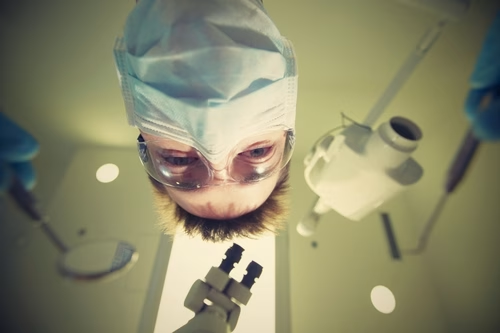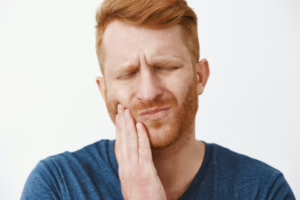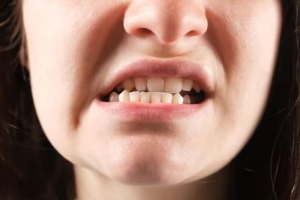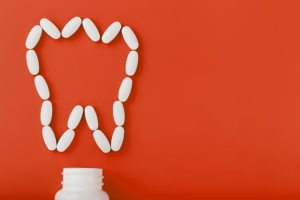10,000 Australians Travel Overseas Each Year For Dental Tourism And Here Is Why Is That Risky
7 July 2016

In today’s financial climate where the average Australian’s disposable income is dwindling and financial outgoings are on the rise it’s no surprise that cheaper options for both essential and cosmetic dental work are being sought.
“Dental tourism” is now becoming increasingly common and for just a fraction of the cost of the dental treatment alone in Australia, consumers are now flooded with options of packages containing flights to an exotic overseas location, accommodation and your surgery on top of that – root canal, porcelain veneers, bridges and crowns – whatever treatment you want or need is now available overseas with a fancy holiday thrown in to boot.
Sounds too good to be true, right? Well that’s because, for the most part, it probably is!
It is estimated that up to 10,000 Australians travel overseas each year to receive medical or dental treatment in countries such as Thailand, Vietnam and the Philippines – they have access to cheaper materials and a healthcare system that costs less. What they also have is a less rigorous qualification system and many dentists (particularly in Asia) would not pass the examinations required to practice dentistry in Australia. Whilst dental practitioners are qualified, you’re not comparing apples with apples when looking at the credentials of an overseas-trained dentist and an Australian dentist. This obviously means that with less studying and experience things have a higher chance of going wrong.
There are also fewer regulations surrounding the healthcare system in general abroad and while everything looks shiny and polished in the confines of the hospital reception, the end result of your procedure or operation is the essential consideration when making the decision to travel abroad for dental procedures versus engaging a local dental professional in your home town.
Dental tourism promises the delivery of complex dentistry in a short space of time which, as any dentist will tell you, is just not realistic. For many procedures it can take time for preparation appointments, the surgical procedures themselves and a follow-up treatment plan to make sure that at every step of the way any problems are avoided or spotted immediately so that instant treatment can take place. With any dental implant process it can take months for related problems to arise and even if everything went smoothly for the procedure itself, it is once you’re home and the suntan’s faded that the complications start to arise. Under a treatment plan of your local dentist, these complications will unlikely arise, but if they do can be rectified under the initial treatment plan you were given.
If you succumb to the temptation of a cosmetic dentistry trip you are taking a gamble on the treatment you receive. There are different rules and regulations overseas, there are communication barriers and once you’re on the plane on the way home you are no longer under the professional care of the surgeon who carried out your treatment meaning that any problems identified afterwards will have to be rectified in addition to the “cheap” costs paid overseas.
If you’re looking for long-term, quality dental treatment contact your local dentist today and ask them about payment plans for any work that you require. For more information on dentistry procedures have a chat with the friendly dental team at MGA Dental Gold Coast or Brisbane team phone Gold Coast (07) 5539 9748 or Brisbane (07) 3273 3343 (book your appointment online or email [email protected].)









